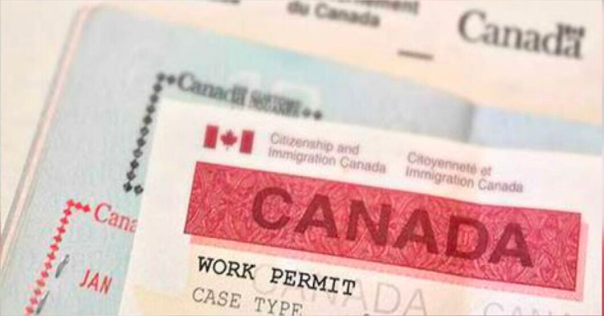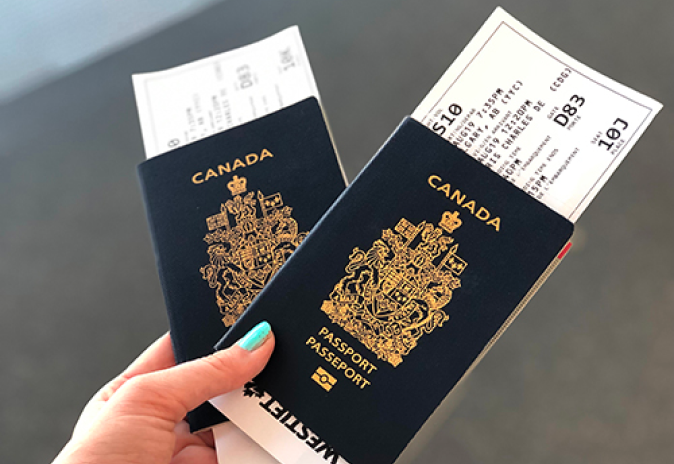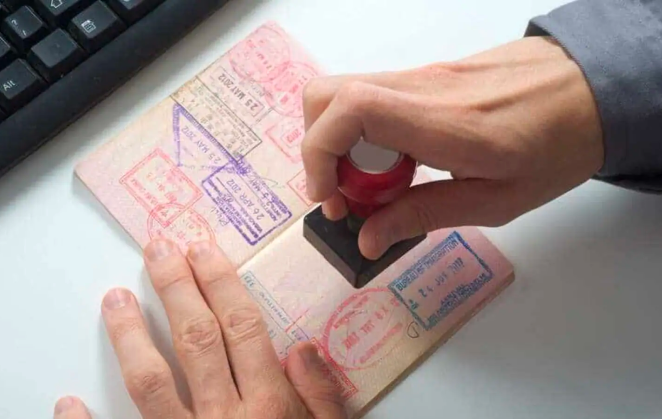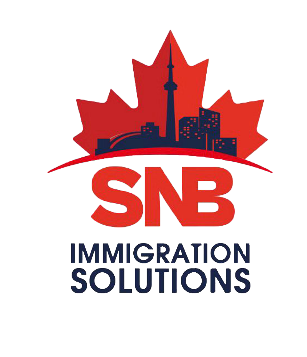
Work Visa
These permits enable international students to work in Canada while pursuing their studies.
They come with specific conditions and may vary based on the educational institution and program.
Types of Work Permits in Canada

OPEN WORK PERMITS IN CANADA

Post-Graduation Work Permit:
If you’re an international student who graduated from a designated learning institution and
are eligible for the Post-Graduation Work Permit Program.
Destitute Student:
If you’re a student who can no longer afford your studies.
Abuse or Risk of Abuse:
If you have an employer-specific work permit and are facing abuse or risk of abuse in relation
to your job in Canada.
Applied for Permanent Residence:
If you have an employer-specific work permit and are facing abuse or risk of abuse in relation
to your job in Canada.
Dependent Family Member:
If you’re a dependent family member of someone who applied for permanent residence.
Spouse or Partner:
If you’re the spouse or common-law partner of a skilled worker, international student, or an applicant of the Atlantic Immigration Pilot Program.
Refugee Status:
If you’re a refugee, refugee claimant, protected person, or their family member.
Unenforceable Removal Order:
If you’re under an unenforceable removal order.
Temporary Resident Permit Holder:
If you hold a temporary resident permit.
Young Worker in Special Program:
If you’re a young worker participating in a special program.
Choosing the right work permit type is crucial, and open work permits offer flexibility in employment options under specific circumstances.
EMPLOYER-SPECIFIC WORK PERMIT
An employer-specific work permit allows you to work in Canada based on the conditions specified in your work permit. These conditions may include:
- The name of the specific employer for whom you can work.
- The duration of your authorized employment.
- The location where you can work, if applicable.

- A copy of your employment contract.
- Either a copy of a Labour Market Impact Assessment (LMIA) or an offer of employment number if you are an LMIA-exempt worker.
INTRA-COMPANY TRANSFER (ICT) PROGRAM
Transferees under this program are exempt from the Labour Market Impact Assessment (LMIA) because they provide economic benefits to Canada through their expertise. However, they are required to obtain a work permit.
In essence, the ICT Program allows transferees to stay in Canada for a temporary period, and it may also offer a potential pathway to permanent residence for eligible individuals.


IN-LAND SPONSORSHIP WORK PERMIT
- Be in Canada and currently sponsored by their spouse or common-law partner.
- Hold a valid visitor, worker, or student status in Canada.
- Not be inadmissible to Canada.

NAFTA WORK PERMIT
Designed for business professionals engaging in activities like research, production, marketing, and sales. Neither the applicant nor the business should have the intent to enter the Canadian labor market.
Eligible professionals with a job offer from a Canadian employer can apply without the need for a Labor Market Impact Assessment (LMIA).
Aimed at professionals transferring from a foreign company to its Canadian branch. The job offer from the Canadian employer is exempt from LMIA requirements.
Meant for executives and supervisors in the trading and investment sector.
INTERNATIONAL EXPERIENCE CANADA (IEC) PROGRAM

Australia | Austria | Belgium | Chile | Costa Rica | Croatia | Czech Republic | Denmark | Estonia | France | Germany | Greece | Hong Kong | Italy | Ireland | Japan | South Korea | Latvia | Lithuania | Luxembourg | Mexico | Netherlands | New Zealand | Norway | Poland | Portugal | San Marino | Slovakia | Slovenia | Spain | Sweden | Switzerland | Taiwan | Ukraine | United Kingdom
To be eligible for this work permit, the applicant must:
- The age range for participants is typically 18 to 35; some countries restrict it to 30.
- Eligibility depends on the specific program available to your country of nationality.
Enables participants to gain professional work experience.
Requires a job offer from a Canadian employer (LMIA exempt).
Duration varies by country agreement.
Allows students to complete internships in Canada as part of their educational program from their home country.
Work permit duration is typically 6 months for all countries.
- In addition to the 35 countries, Canada has agreements with recognized organizations offering IEC programs.
- These organizations provide opportunities for individuals from countries not listed above to apply for Working Holiday or Young Professional work permits.
- For instance, US citizens can apply for work permits via recognized organizations, as there is no specific mobility program between the US and Canada.


